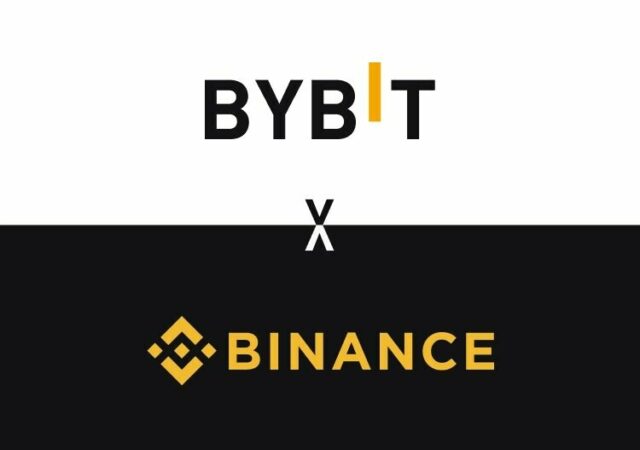Investors are gravitating toward hardware crypto wallets more and more as worries about centralized cryptocurrency exchanges grow in the aftermath of the FTX debacle.
Sales Rising Each Week
According to Josef Tetek, the company’s brand ambassador, Trezor, a leading hardware wallet supplier, has seen a significant increase in wallet sales following the FTX epidemic on Nov. 15.
Tetek said that Trezor’s sales revenue increased 300% week on week and is continuously rising and that current sales are more than they were a year ago when Bitcoin hit an all-time high of $68,000.
The executive pointed out that Trezor has also seen a large rise in website traffic, which rose by 350% within the same time frame.
According to Tetek, Trezor is confident that the increase in new wallet users was caused by problems with FTX, a cryptocurrency exchange at the core of the most recent industry crisis involving the theft of customer assets.
Early last week, just when “rumors of the FTX insolvency started circulating,” Tetek observed, there was a sharp increase in demand for Trezor wallets.
Can Trezor Handle the Spiking Demand?
Trezor anticipates an increase in new users in the near future as the failure of cryptocurrency middlemen only continues to become more evident.
“We expect this trend to continue in the short to mid-term, as the contagion of FTX failure continues to unwind and Bitcoin or cryptocurrency holders lose trust in custodians and finally start to explore their options to self-custody their digital assets.”
The executive claims that Trezor can meet current demand levels in the short- to medium term. As Tetek noted, “Even if sales continue at this elevated rate, we are confident there would be a limited impact on our stock in the longer term, as we were already planning for an uptick in sales,”
How Trezor Will React to Demand Pressures
Additionally, he mentioned that Trezor does not intend to raise the cost of its hardware wallets in keeping with its mission to make “self-custody accessible to all.”
Trezor doesn’t intend to increase hiring in spite of the surge in demand and the corresponding rise in assistance requests. Tetek added that Trezor currently employs a total of 100 individuals working across different locations, with the bulk situated in Prague.
“We did not have to downscale as we were prepared for a prolonged and deep bear market,” Tetek said.
By mid-November 2022, exchange outflows would have reached all-time highs as cryptocurrency investors shifted more and more of their holdings into software and hardware wallets for self-custody.
Ledger, a big rival hardware wallet vendor, has recently seen a large increase in demand for their products. Shortly after FTX suspended all cryptocurrency withdrawals last week, the French cold wallet company experienced one of its busiest days ever, prompting creators to transfer their assets from exchanges to cold storage as quickly as possible.
In the midst of the ongoing FTX pandemic, even some of the largest cryptocurrency exchanges began pushing the necessity of self-custody.
Changpeng Zhao, the CEO of Binance, said on November 14 that centralized exchanges would become obsolete if investors switch to self-custodial options like hardware or software wallets.
Image Courtesy Of Shutterstock





